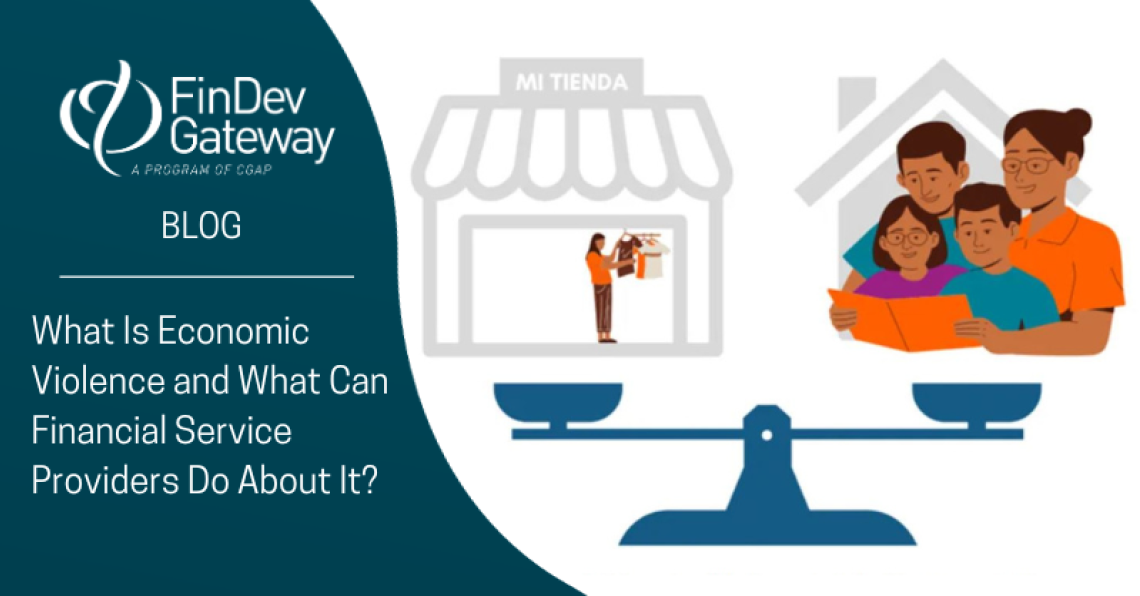Make your 2X MATCHED gift today!
This week only: Every $1 will be matched with $2 to enable women worldwide.
This week only: Every $1 will be matched with $2 to enable women worldwide.
Posted on 10/19/2023

In Grameen’s research in Honduras, men and women at first acknowledged little understanding of economic violence. However, upon reflection, they recognized it as a common form of violence against women, traditionally generated through the deprivation of resources, for example, by men’s consumption of alcoholic beverages and drugs. A more subtle form of violence visualized by the women were attempts by male partners to keep them in the home by providing resources and goods to keep her happy there. In the beginning, it could be a pleasant experience, but over time the home becomes a prison. In this way, economic violence is used to prevent women from relating to other people and even family members.
While it may seem that economic violence could be outside the purview of financial service providers (FSPs), it is important for the financial inclusion sector to understand and acknowledge this issue.
At the most basic level, there is a business incentive at play for FSPs: Women’s overall well-being matters in the same way that their financial or physical health matters – healthy, engaged clients are good for business.
But it’s also true that if FSPs turn a blind eye to the realities of GBV, they are allowing their programs, products and services to be exploited by an abuser to violate another’s rights. While the banking sectors in high-income countries are still developing protocols for financial abuse, there are some early lessons that suggest FSPs can take practical steps to help safeguard not just women facing economic violence, but all clients.